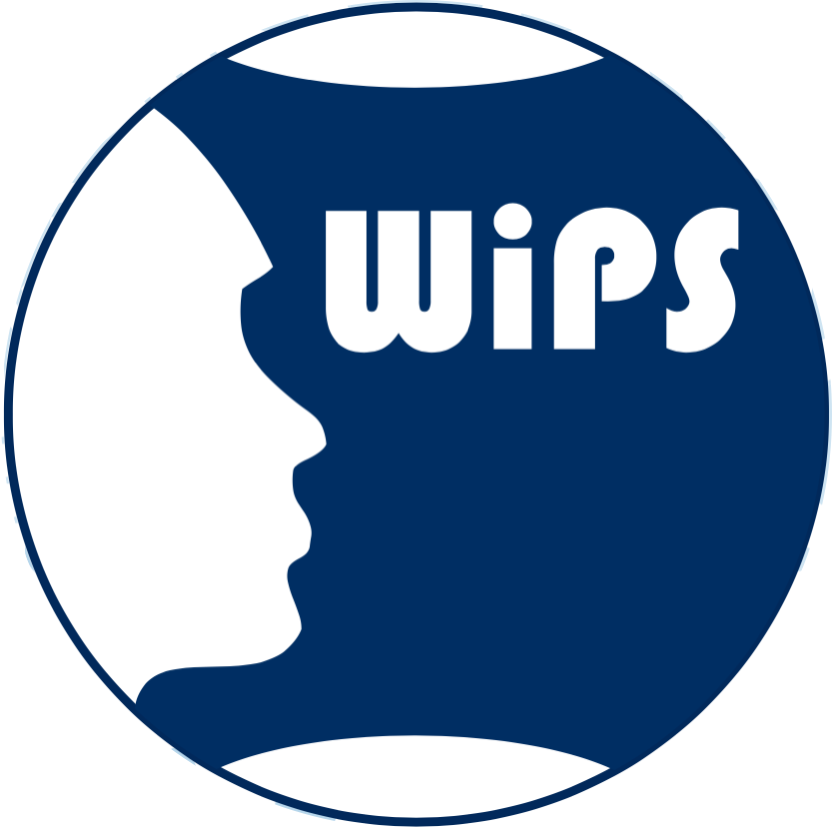Charlotte Havermans, PhD
Alfred Wegener Institute Helmholtz Centre for Polar and Marine Research (Germany)

Charlotte, in a red polar suit and a life jacket, stands next to niskin bottles during her Polar Night campaign to study overwintering jellyfish in the Kongsfjorden ecosystem, Svalbard (Norway).
What’s the work that you do?
I am leading the Helmholtz Young Investigator Group on Arctic Jellyfish, at the Alfred Wegener Institute Helmholtz Centre for Polar and Marine Research. With my team, we study jellyfish diversity, their role in the food web, and the impact jellyfish may have in the rapidly changing polar ecosystems. We use molecular “OMICs” methods, such as environmental DNA analyses (detecting trace DNA that jellyfish leave behind), combined with optical surveys (e.g., video footage from remotely operated vehicles and towed camera systems) and net catches to document the jellyfish species thriving in the Arctic. This allows us to establish a baseline against which climate-driven changes can be detected. I am particularly interested in predicting the likelihood (by studying adaptation potential) and consequences of poleward range shifts of temperate jellyfish species on the Arctic food webs.
What keeps you going?
I am driven by an endless curiosity and passion about marine invertebrates, their diversity, their interactions, their mysterious beauty. What I most like in research is how trying to answer one question brings along a new one, and that step by step your view on an ecosystem grows bigger. You learn something new every day. It is also wonderful to have the freedom to follow our own curiosity by developing new projects and collaborations.
What’s your message to the world?
The world of research and academia is not always an inclusive, friendly, honest one. This is because we are still evaluated on a limited set of criteria that are outdated or have their limitations, such as impact factors, or authorship positions. I believe it is crucial to be transparent, share ideas, and build bridges and networks. We need to support each other instead of compete, and the academic system should also try better to facilitate and reward this. Our world is at stake and needs science to solve the most urgent questions. Let’s join forces and brains!
Organisation: Alfred Wegener Institute Helmholtz Centre for Polar and Marine Research (Germany)
Nationality:
Belgium
Disciplines:
